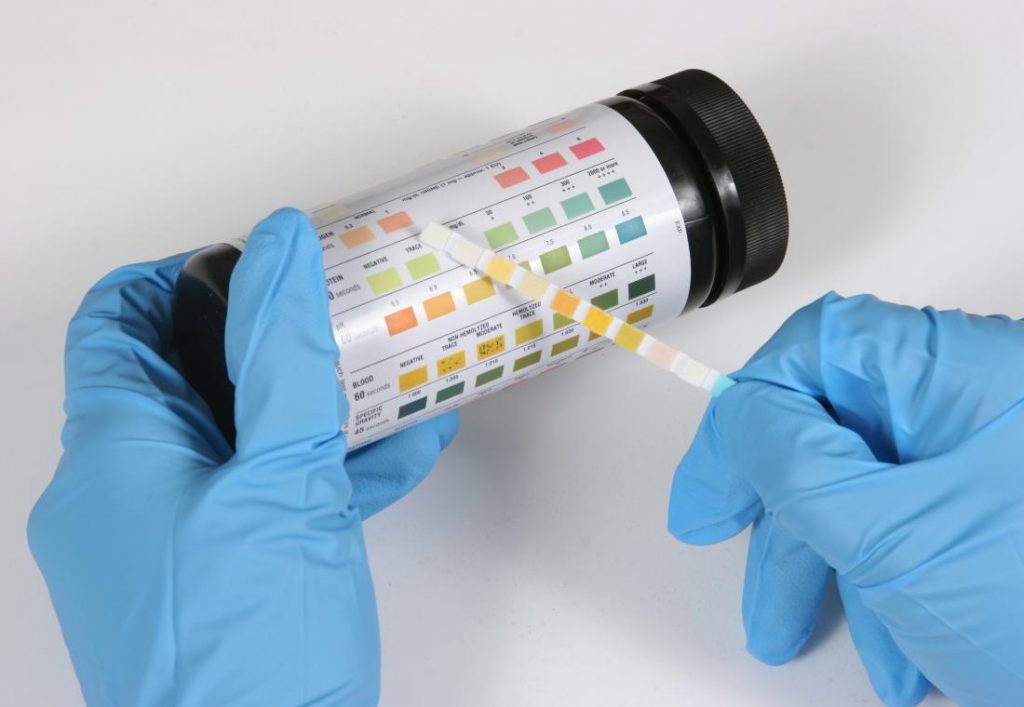Smart Info About How To Detect Protein In Urine

This condition can be a sign of kidney damage.
How to detect protein in urine. Chronic kidney disease diabetic nephropathy (kidney disease) It's used to detect and manage a wide range of disorders, such as urinary tract infections, kidney disease and diabetes. To date, different diagnostics methods in clinical settings can be used to ascertain urinary protein and albumin.
A urine test for protein is a diagnostic tool healthcare providers use to measure the amount of protein in your pee (urine). [6] [7] this is because protein in the urine is not a diagnosis in itself. Overview people with proteinuria may have symptoms other than physical changes to their pee.
Laboratory testing is the only reliable way to detect protein in the urine, which is why some people are offered regular tests for it (see below). Rather, it is a symptom indicating that something else is going on. This is a urine test that can measure levels of a type.
Testing for protein in urine is typically done via a test called a urinalysis. It is important to understand that the only way to reduce or treat protein in your urine is by diagnosing the underlying cause. To confirm proteinuria, or too much protein in your pee, your doctor may do a urine test (urinalysis).
Glomerular disease (beyond the basics).) if two or more urinalyses show protein in the urine, the next step is to determine how much protein is in the urine. Introduction proteinuria is a broad term used to describe protein in the urine. These diseases and conditions include:
Proteins have many important functions, including: Protein is one of the substances measured in a lab test to analyze the contents of urine (urinalysis). For example, a urinary tract infection can make urine look cloudy instead of clear.
This test can be used to diagnose a kidney condition or see if a treatment is working. Foamy urine can be a symptom of proteinuria. Proteinuria, or the presence of protein in urine, is a common issue that can occur during pregnancy.
Above a certain level can be a red flag for kidney disease. This chart will explain what normal amounts of protein may. Kidneys are organs that filter extra water and wastes out of your blood to make urine.
Takeaway small amounts of protein can appear in your urine and be ok. Tests to identify protein in urine are critical for diagnosing and screening for diseases of the kidneys or other conditions affecting kidney function. Newly developing or increasing amounts of protein in your urine may be the earliest sign of diabetic kidney damage.
While it is normal for small amounts of protein to be excreted in the urine, an excessive amount could indicate a problem. This checks how well your. These urine elements can be signs of specific types of kidney problems (for example, diseases that injure the glomeruli).



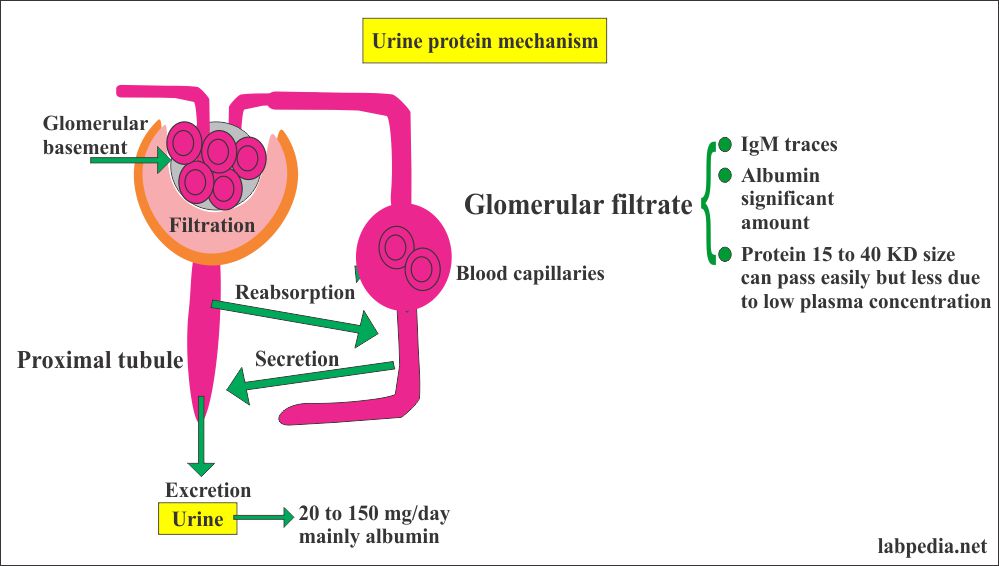

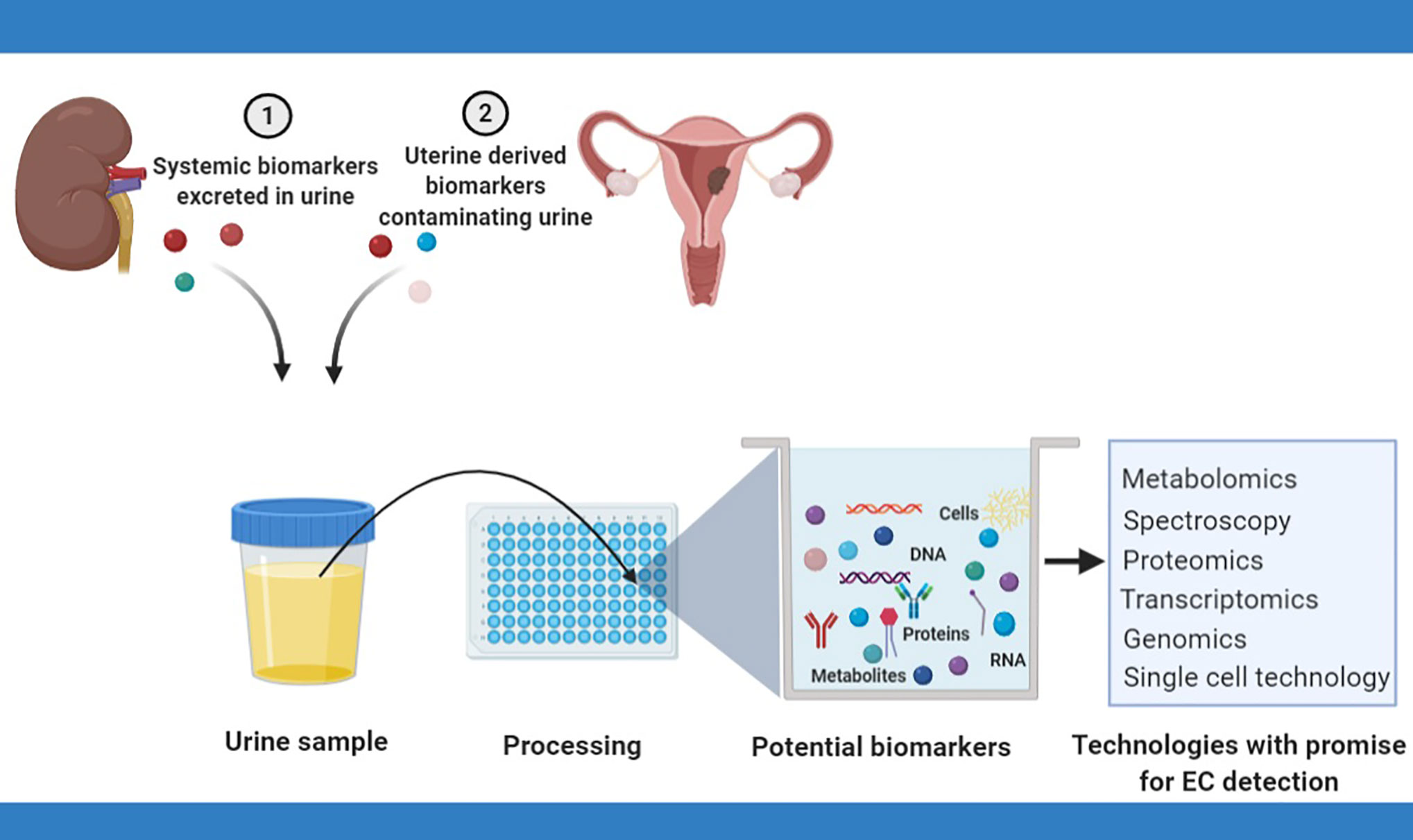
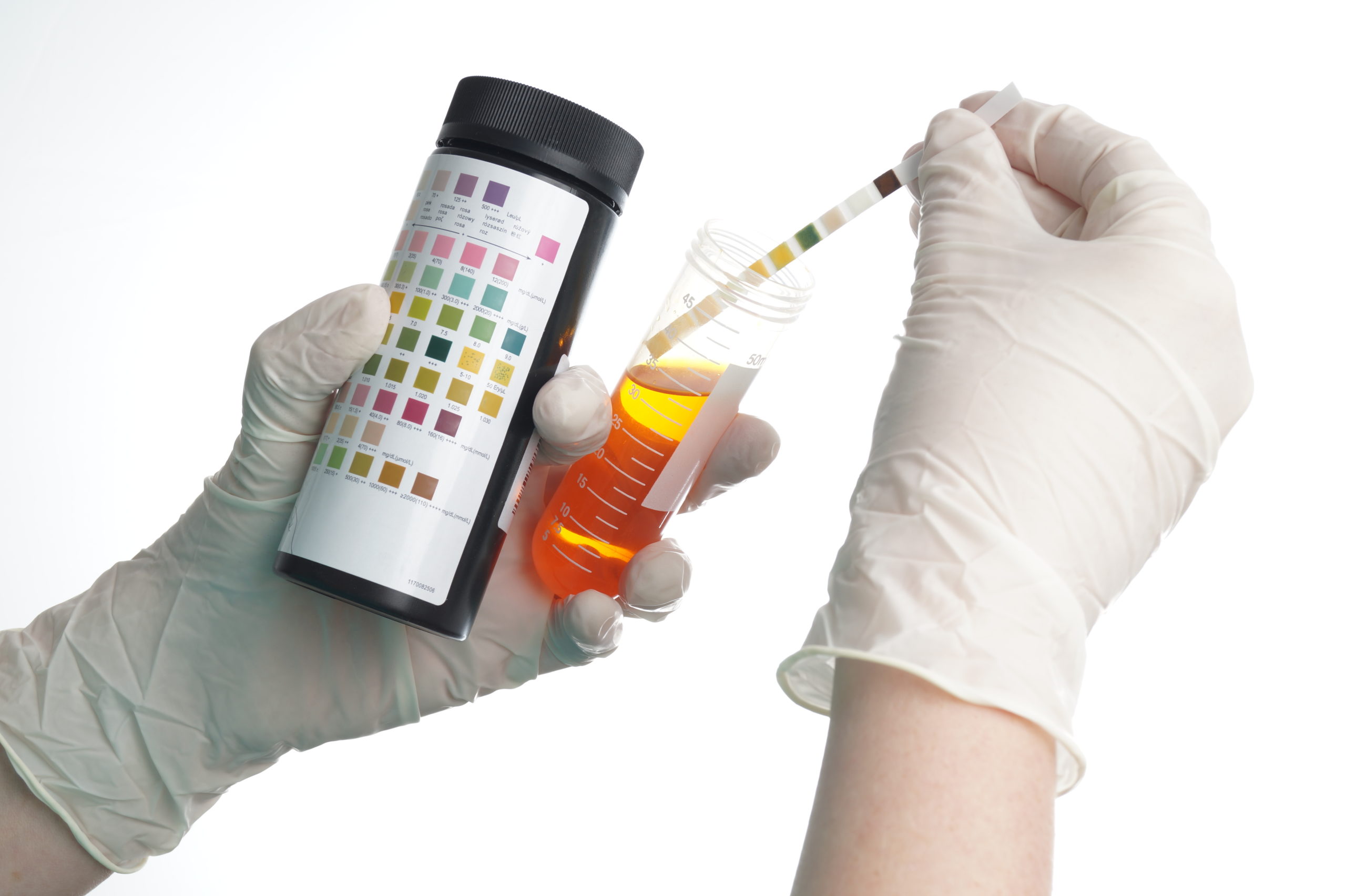

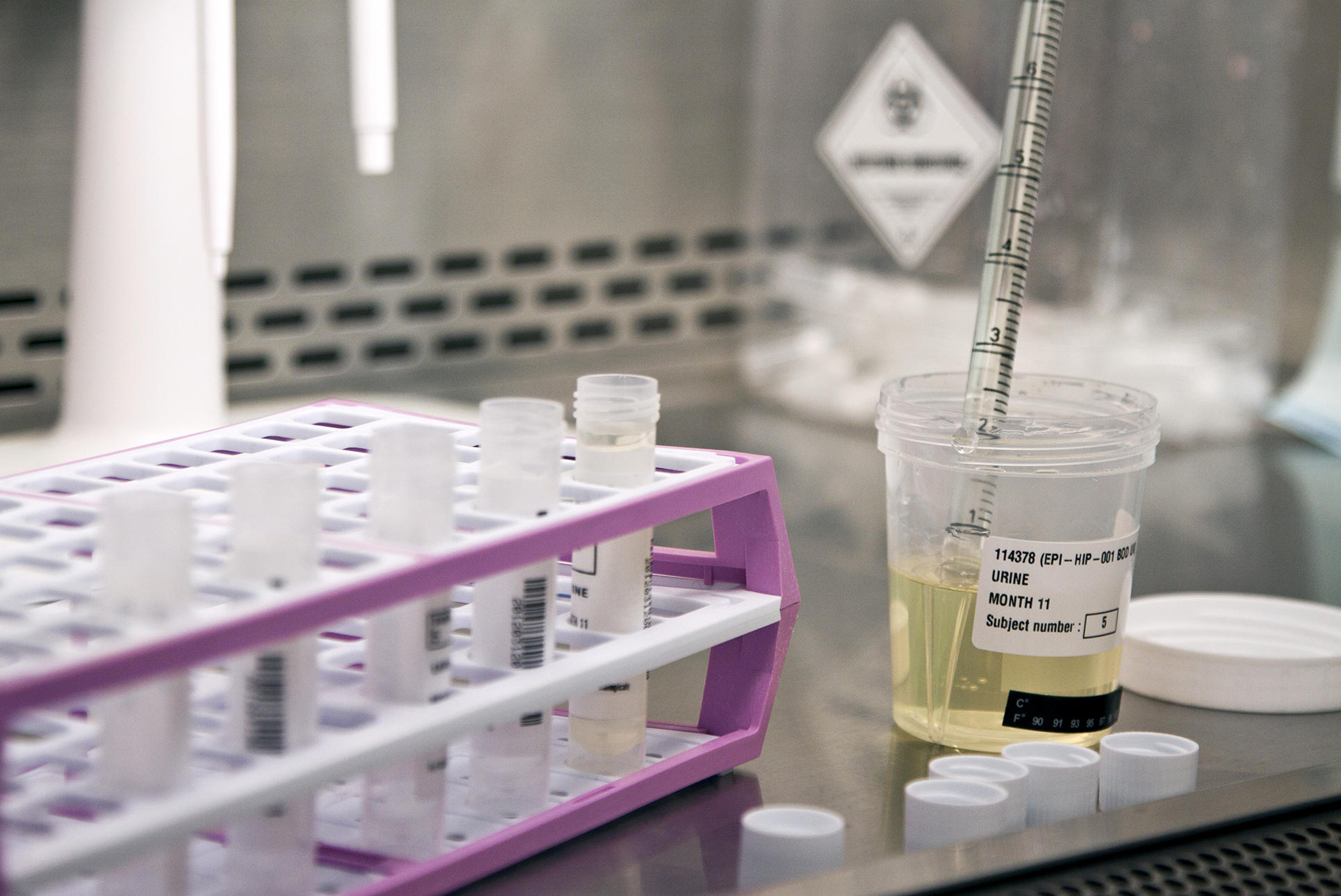






:max_bytes(150000):strip_icc()/3156950_color-5ba560b4c9e77c008233667f.png)
